By Andrea Page and Jackie Arnold, 2023 CLA Breakfast Chairs What do teachers, teacher educators, and librarians want?When choosing high quality literature to build your classroom library, it’s important to think about the following:
Add Native Children’s Authors and Books to Your ListA fabulous author to include is Traci Sorell (Cherokee), an accomplished author whose significant works are about “people and events not usually found in classroom texts.” She wants to “remedy inaccuracies and model a respectful approach to Native stories.” Traci is a Keynote Speaker at this year’s National Council of Teachers of English (NCTE) conference in Columbus, Ohio. She will be a featured author at the Children’s Literature Assembly (CLA) Breakfast in November. Sign up for the conference and get a breakfast ticket to meet one of America’s current literary rock stars! 4 Ways to Integrate Traci’s Books in the Classroom1) USE CORE QUESTIONS WHILE READINGPaired with We Are Grateful: Otsaliheliga (ill. Frané Lessac) and Indian No More (co-author Charlene Willing McManis). According to renowned educator Laura Robb, “Issues and core questions breathe life and energy into class discussions, add the twist - the connector - that adolescents need to bond to books, ideas, and concepts” (Robb, 2008, p. 94).
2) USE T-CHARTS DURING OR AFTER READING
Paired with Powwow Day (Ill. Madelyn Goodnight) and Classified: The Secret Career of Mary Golda Ross, Cherokee Aerospace Engineer (Ill. Natasha Donovan). As you read, collect text evidence that shows how an author reveals story elements (download T-chart as PDF).
After reading, fill in a 3 -2 -1 chart (download as PDF) to show your understanding of the story.
3) EXPERIENCE AUTHOR'S VOICE USING MENTOR TEXTSPaired with We Are Still Here! Native American Truths Everyone Should Know (ill. Frané Lessac) and Contenders (ill. Arigon Starr, Kickapoo Tribe of Oklahoma). Author’s voice is a combination of word choice and language usage in sentence structure, fluency, and rhythm. Author’s voice appeals to the senses. Read the story aloud and LISTEN to how the sentences flow. What do you notice about the rhythm of the sentences? How do they connect to the story? Go on a scavenger hunt (download as PDF) to collect the words the author has chosen. How does the word choice plus the style of the sentences enhance the story? You’ll notice that the introductory writing voice in We Are Still Here sets the tone and structure of the book, similar to beginning a lesson for a class. The individual voices shine in their presentations, like individual students speaking, in real life, in front of a class. Similarly, in Contenders, the characters bounce back and forth between the two, with short, curt sentences, followed by long sentences. Can you hear the action of the baseball game? Strong verbs make the story active and lively. What else did you discover?
4) USE POETRY TO EXPRESS EMOTIONSPaired with At the Mountain's Base (ill. Weshoyot, Alvitre) and Mascot (co-authored with Charles Waters)
Meet Traci Sorell at the CLA Breakfast at NCTE We hope you will add the work of Traci Sorell to your classroom libraries. The four strategies above can be paired with other books as well. #WNDB #SupportNativeCreatives Come and meet Traci at the 2023 NCTE Conference in Columbus, Ohio on November 16-19, 2023. Registration for the conference and tickets for the CLA Breakfast will become available in late summer. Plan to register for the conference and sign up for the CLA Breakfast on Sunday to hear Traci talk about her books and her contributions as a children’s author. We hope to see you there! CITATIONS LIST Robb, L. (2008). Differentiating Reading Instruction: How to Teach Reading To Meet the Needs of Each Student. Scholastic Teaching Resources: Theory and Practice. Andrea Page (Hunkpapa Lakota) is a children’s author who has a published book, Sioux Code Talkers of World War II (Pelican Publishing Co. 2017). She hopes to have more published books in the future. In the meantime, she writes educator guides for publishers and works on projects for We Need Diverse Books (WNDB). Andrea serves as a Board member of the Children’s Literature Assembly (CLA) of the NCTE. She lives in Rochester, NY with her husband. Please visit www.WriterAndreaPage.com. Jackie Arnold is an associate professor at the Department of Teacher Education of the University of Dayton, Dayton, Ohio. Jackie is co-editor of the Dragon Lode, a children's literature journal published by the International Literacy Association Children’s Literature and Reading Special Interest Group (CL/R SIG). |
Authors:
|
CLA
About CLA
|
Journal of Children's Literature
Write for JCL
|
ResourcesCLA-sponsored NCTE Position Statements
|
Members-Only Content
CLA Video Library
|
© COPYRIGHT 2018.
ALL RIGHTS RESERVED |

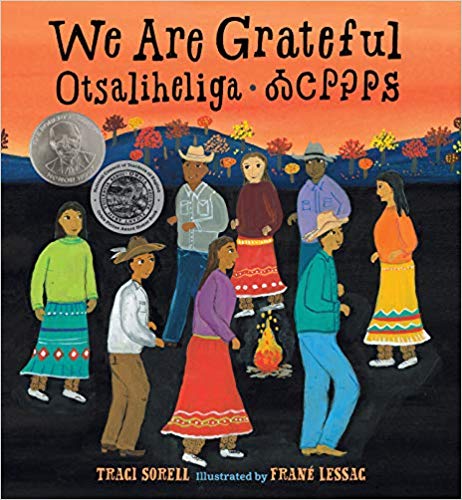
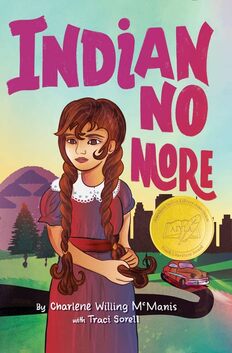
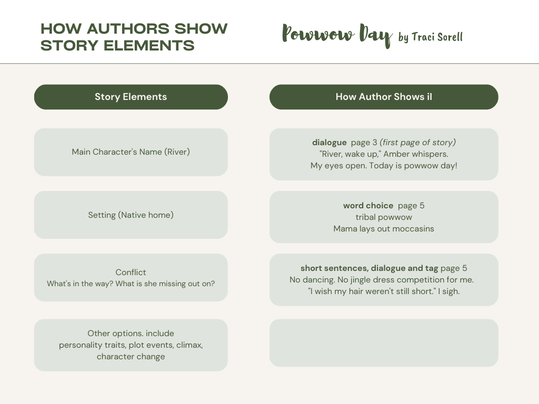
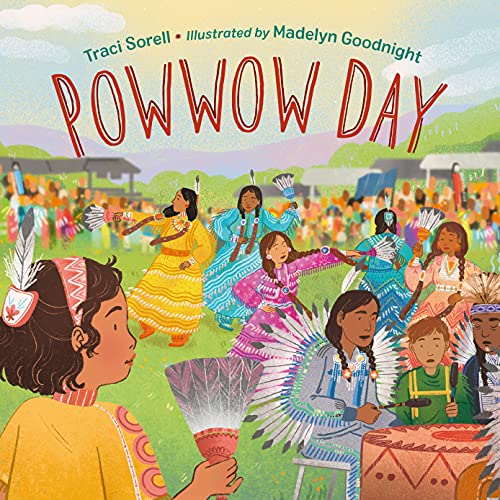
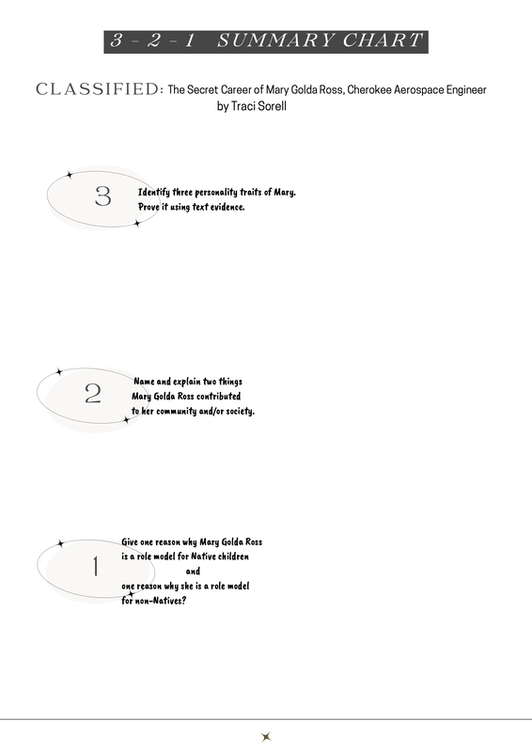
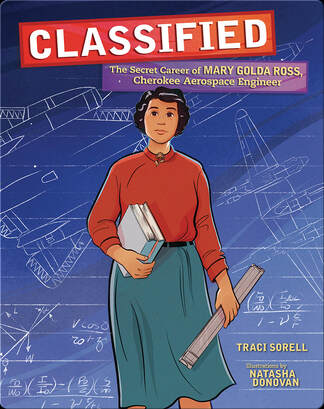
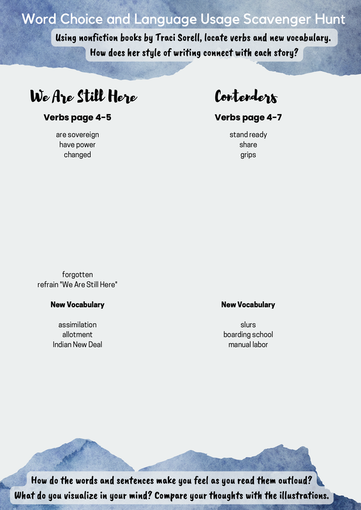
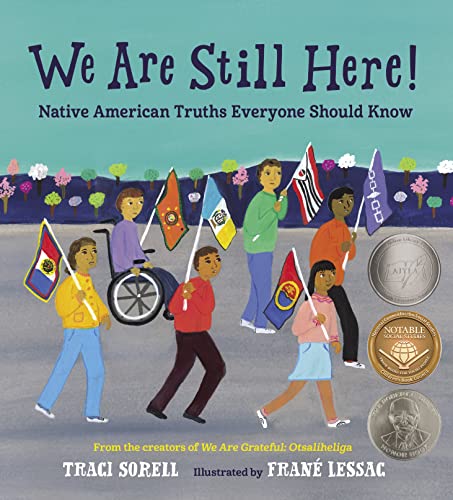
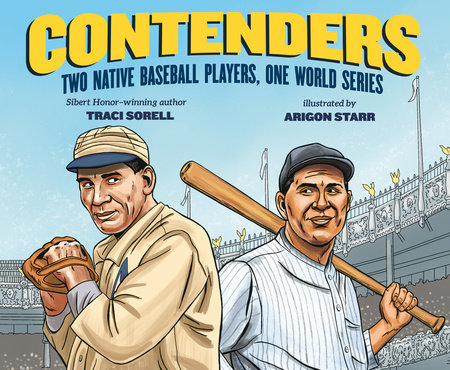
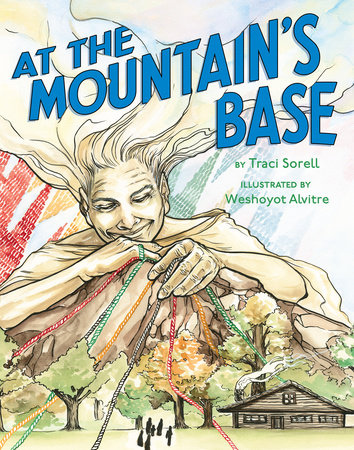
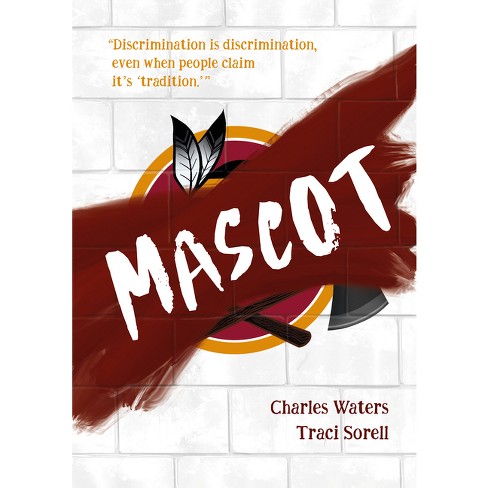
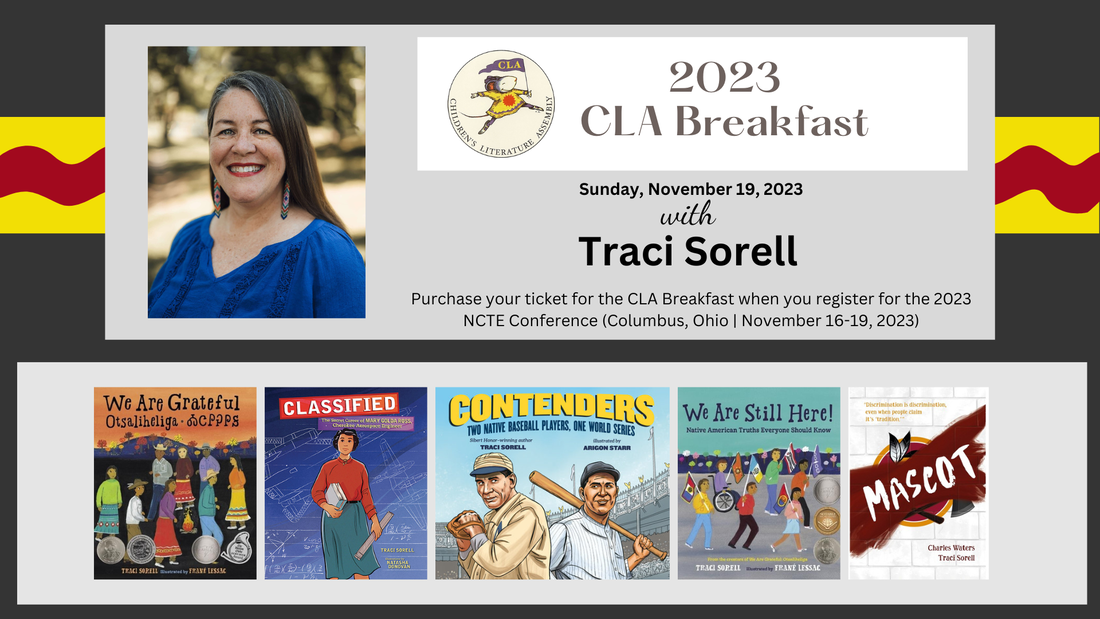
 RSS Feed
RSS Feed